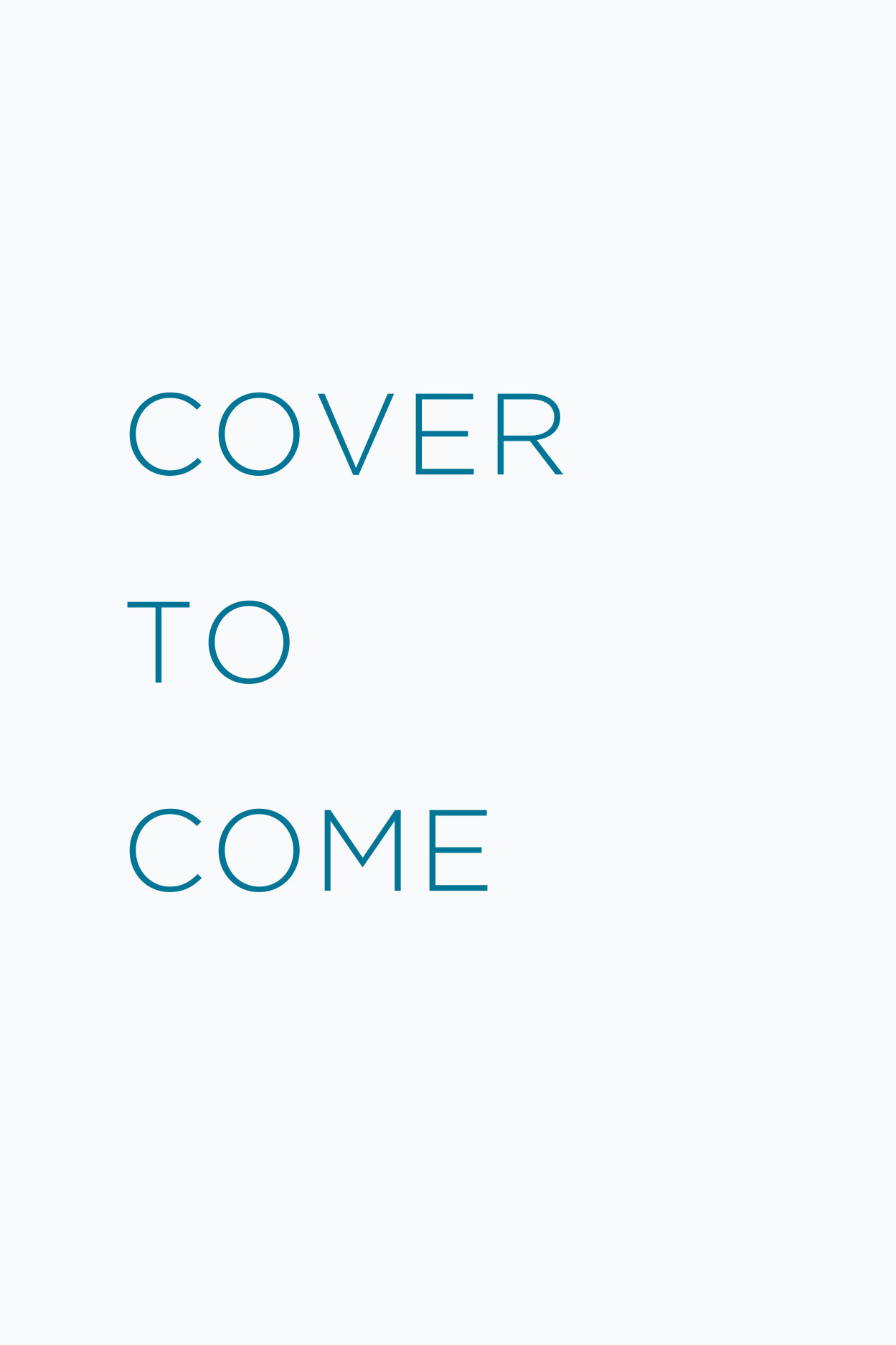I used to attend the University of Vermont in the lovely city of Burlington, Vermont. UVM is a great school with fascinating class options. While I was there, I took a class that has informed how I think about the world.
It was a sociology class titled, “The Sociology of Freakishness,” and it was taught by Laurie Essig. She teaches at Middlebury College now. Here’s the course description:
Sociology of Freakishness
P.T. Barnum taught us that freaks are always made, not born. A freak is a performance of otherness for fun and profit. In this course we will explore how the freak show gave birth to American culture and how American culture continues to organize itself around the display of freakishness. We will ask what configurations of power are at play in the performance of freaks. How do gender, race, nation, sexuality, and class come into play, and how are those forms of power translated into a performance of otherness that forces us to watch it over and over again?
This was one of the coolest classes I’ve ever taken; it’s up there with “Science Fiction and Anthropology.” Laurie showed us that people are constantly performing their identity, and sometimes that identity becomes “freaked.” We watched the film, Freaks!, and analyzed the performance aspect of sideshows. Our final paper was to examine an aspect of freakishness in our own lives. I wrote about the modified (tattooed, pierced, scarred, etc.) community. (This seems to be one of my default topics for research papers. Others include Stephen King and Playboy magazine.)
Particularly interesting to me were accounts of sideshows and freak shows throughout American history. There are a handful of freak shows in the United States today, but these tend to be “shock shows,” like the Lizardman and the Enigma. Not to say they aren’t amazing; I’ve seen both of those performers live and they were incredible.
Books about sideshows and freak shows can kind of become sideshows themselves. A sideshow is all about spectacle and observation. So in the act of reading about sideshows, we create a spectacle of the characters and their oddities.
Ladies and germs, step right up and see this list of books from the deepest, darkest jungles of Wisconsin.
Freakery: Cultural Spectacles of the Extraordinary Body edited by Rosemarie Thomson
This is a great academic reader-type of book, with articles by the leading scholars in the field of freak shows. Laypeople can enjoy it, too; the general theme is that freaks are not born, they are made. Even if someone is born with a physical difference, they are not “freaked” until someone makes the oddity bigger than the person. This book has articles about Michael Jackson, tattooed ladies, and the freakishness of being cute.
Geek Love by Katherine Dunn
This is one of my favorite books. It’s a novel about the Binewskis, a family of both born and made freaks. Papa and Crystal Lil decided they wanted their children to be freaks from the start, so they exposed themselves to radiation, arsenic, and hard drugs. The resulting children include Arturo the Aqua Boy (he has flippers and is a megalomaniac), Electra and Iphigenia (very flexible conjoined twins), and Olympia, the narrator (an albino hunchback dwarf). Yes, it’s bizarre. Suspend your disbelief.
Freaks Talk Back: Tabloid Talk Shows and Sexual Nonconformity by Joshua Gamson
If you’ve ever watched Jerry Springer and thought to yourself, “Wow, this is a mess,” then this book will make a lot of sense to you. It’s all about how talk shows, like Jerry Springer and Jenny Jones, make nonconformist sexuality visible, which is good, but then twist it so it becomes freakish, which is bad. All in all, a fascinating read.
Freak Show: Presenting Human Oddities for Amusement and Profit by Robert Bogdan
This is a social history of freak shows, from the 1840s to around the 1940s. Bogdan discusses the performers and their lives, but he also goes into the audience: who went to freak shows? Did they have any qualms about going to such performances? Who profited from freak shows? Bogdan is one of the big names in freak show studies, and this book is considered canon.
Sideshow: Ten Original Tales of Freaks, Illusionists, and Other Matters Odd and Magical edited by Deborah Noyes
I just picked this book up at the library today. It contains stories by great YA authors like Annette Curtis Klause, David Almond, and Margo Lanagan. I love that these are sideshow stories from a teen perspective; when you are a teenager, you already kind of feel like a freak, so reading stories about actual freaks can make you feel a little better about yourself.
What books about freaks do you love?
